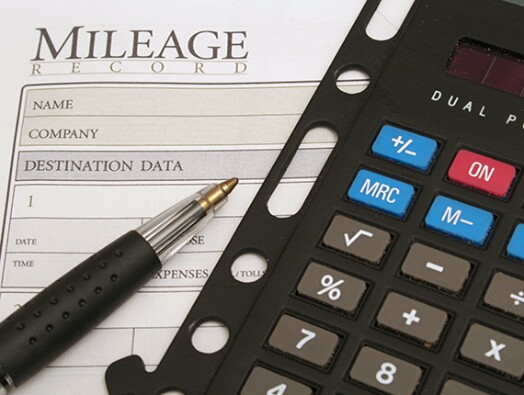
Working from home
The Illinois CPA Society offered a number of helpful tips to help home-business-owners (and their advisors) be sure theyre getting everything back that they can.
A text-only version of this slideshow is available

Business-only

The simplified option
You can go with individual expenses or the simplified option, whichever is larger, and you can change from year to year.

Common deductions, Pt. 1

Common deductions, Pt. 2
Furniture and upgrades to the home itself, if related to the office, may also be deductible.

Leaving home

Record-keeping
More information on having a home office is available in





